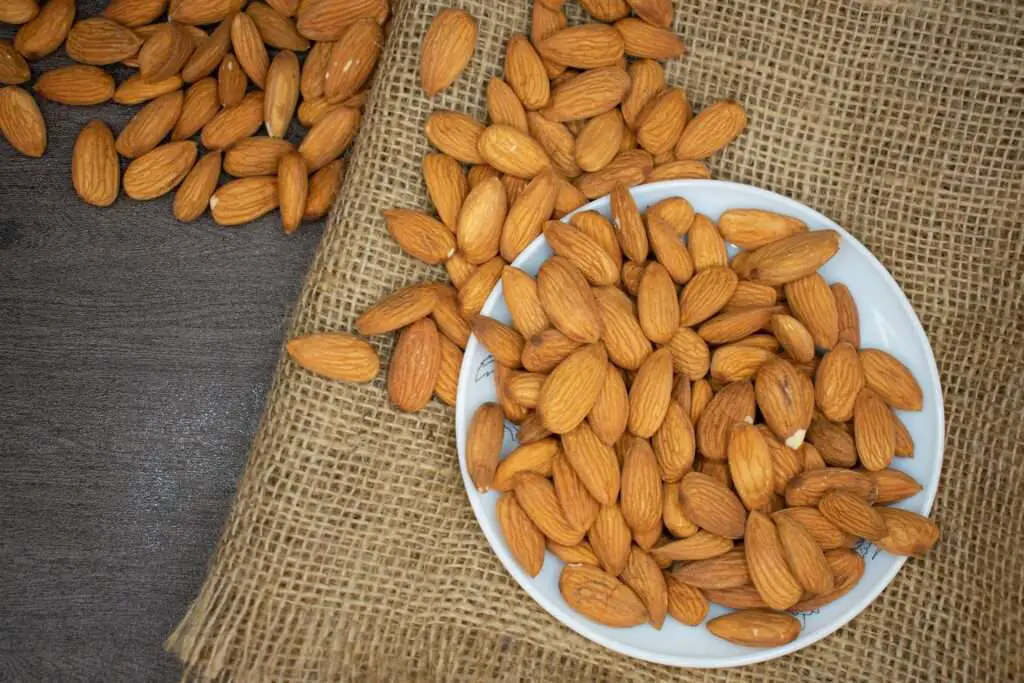Health benefits of Ginger, Ginger can help to improve your health in a variety of ways, from boosting your immune system.
Ginger is a plant from Southeast Asia and is known to be among the healthiest and tastiest spices. Ginger is from the Zingiberaceae family and is related to turmeric, cardamom, and galangal. Ginger (rhizome) is used as a spice and is typically known as Ginger or Ginger. It’s the underground part of the stem that’s used most often. Ginger can be used in many different forms, as fresh, dried, powdered or as an oil or juice. It is usually included in recipes and processed foods such as ginger ale and ginger snaps. It can also be found in cosmetics such as shampoo, soap and skin gel.
What are the health benefits of Ginger?
Ginger is a spice used in cooking or consumed as a tea. It is known for its medicinal properties, believed to have originated in China.

Ginger has been used for centuries in China, India, and other countries to treat various ailments. It is believed that physicians who worked on the Silk Road used it as a treatment for nausea and vomiting. Ginger can also be used for stomach upset, motion sickness, arthritis pain, and headaches.
Broad scientists around the world are still researching the health benefits of Ginger. However, it seems that this spice may help with chronic pain conditions like osteoarthritis and rheumatoid arthritis and reduce inflammation from conditions like Crohn’s disease or ulcerative colitis.
Ginger is a spice that comes from the root of the ginger plant. It has been used as a medicine for centuries in India and China. Ginger also has antioxidant properties that protect cells against damage caused by free radicals.
Adding Ginger to your diet can help with weight loss because it increases your metabolism and reduces appetite by activating digestive enzymes. It can also help improve heart health by lowering blood cholesterol levels, reducing blood pressure, and improving circulation.
Ginger for menstrual cramps
Ginger is a powerful herb that can help to alleviate menstrual cramps and other related symptoms.

Ginger is a powerful herb that can help to alleviate menstrual cramps and other related symptoms. It has been used for centuries as an effective remedy for the pain and discomfort of menstruation. Ginger contains anti-inflammatory properties, as well as antioxidants, which may help reduce inflammation in the uterus. It also has gingerols, which are effective in reducing muscle spasms.
The best way to use Ginger for menstrual cramps is by consuming it raw, adding it to your food preparation at home, or purchasing it in capsule form from a health store.
Why You Should Add More Ginger to Your Daily Diet
In the last few years, there have been many studies about Ginger’s benefits. In one survey, participants were given a placebo or ginger capsules for ten days. The study found that those who took Ginger had less nausea and vomiting than those who took the placebo. Another study found that people with motion sickness may benefit from taking Ginger before travelling. The study concluded that people who take Ginger are less likely to experience motion sickness symptoms than those who don’t.

Ginger is a good remedy for nausea and vomiting because it contains chemicals called gingerols which are effective against nausea and vomiting. Ginger also has anti-inflammatory properties, which can help reduce pain associated with migraines, arthritis, menstrual cramps, and other conditions where inflammation is present.
Benefits of Raw & Cooked Ginger
Ginger is one of the most popular ingredients in many cuisines. It is used in many ways – it can be eaten raw, cooked, pickled, or added to desserts.

Raw Ginger has more benefits than cooked Ginger. It has more nutrients and antioxidants that are not present in cooked Ginger. However, the health benefits of raw and cooked Ginger are similar.
It is important to note that people with high blood pressure should avoid consuming too much of either type of Ginger because it may cause complications for them.
What does Ginger do to your digestive system?
Ginger is a spice that dates back to Ancient China and India. It is used both in cooking and also for medicinal purposes. Ginger has been used to help reduce the symptoms of nausea, vomiting, and motion sickness. It can be eaten fresh or soaked in water or tea for a few hours.
How does Ginger regulate your metabolism?
Ginger is known to help with a variety of ailments. It is an anti-inflammatory that can help with arthritis, headaches, and nausea. Ginger will help the sufferer and the people around them by easing their pain or discomfort.

Ginger helps regulate your metabolism by stimulating the production of digestive enzymes and bile in your stomach. It also increases the secretion of gastric juices and prevents constipation.
Ginger has been used in traditional Chinese medicine for centuries to treat various ailments, from nausea to arthritis. In recent years, science has been able to confirm the health benefits of this spice. In a 2014 study published in Diabetes Care, researchers found that consuming Ginger daily may improve insulin sensitivity and lead to more effective weight loss.
How does consuming ginger help with pain relief?
Consuming Ginger is a natural remedy for pain relief. It is a common ingredient in many dishes and can be used as a spice in cooking. Ginger contains an active ingredient called gingerol, which has been shown to have pain-relieving properties.

Studies have shown that Ginger is effective as an anti-inflammatory agent and pain reliever. Ginger contains substances that enhance the body’s production of prostaglandins, hormone-like chemicals that regulate inflammation and pain.
A new study published in the Journal of Pain found that participants who consumed Ginger experienced significantly lower pain levels. Participants were given a placebo pill, and a group was assigned ginger capsules. The results showed that those who consumed Ginger experienced substantially lower pain levels, which supports the use of natural remedies for pain relief.
5 Reasons to Include Ginger in Your Daily Diet!
Ginger is a popular spice used for centuries to help with various health issues.
It is easy to add Ginger to your diet. You can eat it raw or cook with it!
1) Ginger can help reduce inflammation in the body, which helps prevent chronic diseases.
2) Ginger can also soothe stomach discomfort and nausea.
3) Ginger has an anti-inflammatory effect on the brain, which may help relieve headaches and other pain.
4) Ginger helps with digestion by stimulating saliva production, which helps break down food and absorb nutrients from food more efficiently.
5) It is a natural painkiller that can help reduce aches and pains due to muscle tension or arthritis pain.
How to Add Ginger To Your Daily Routine
Ginger is a root that has been used as medicine for centuries and is now used as a spice in many kitchens. It can be found in Asian dishes like sushi or stir-fries but can also be added to your morning coffee or tea.
There are many benefits of using Ginger in your daily routine. It can help with nausea and stomach pain and may also lower the risk of heart disease and cancer. Ginger helps with inflammation and pain relief, which makes it a natural remedy for arthritis or muscle aches.
Ginger Water – A Great Option for Adding More Vitamin C Into Your Daily Routine
Vitamin C is an essential nutrient found in many foods but can also be obtained from dietary supplements. Ginger water is an excellent option for adding more vitamin C into your daily routine.

The benefits of ginger water are numerous. It has been known to help with nausea, improve circulation, and even reduce the duration of colds. Ginger water may also help to lower blood pressure and cholesterol levels.
It’s important to note that ginger water should not be consumed on an empty stomach as it may cause nausea or indigestion.
How To Add Ginger to Your Diet in an Inexpensive Way
Ginger is a spice. It’s also been shown to have anti-inflammatory properties that can help with arthritis and other inflammatory conditions.
This section will explore how to add Ginger to your diet inexpensively.
The first way is by making your ginger tea by using boiled water and fresh or dried Ginger. You can make it as strong or weak as you like by adding more or less spice. You can also add honey to your food by adding it to sauces, mixing it into soups, cooking vegetables with it, or using it as a sweetener in desserts.



